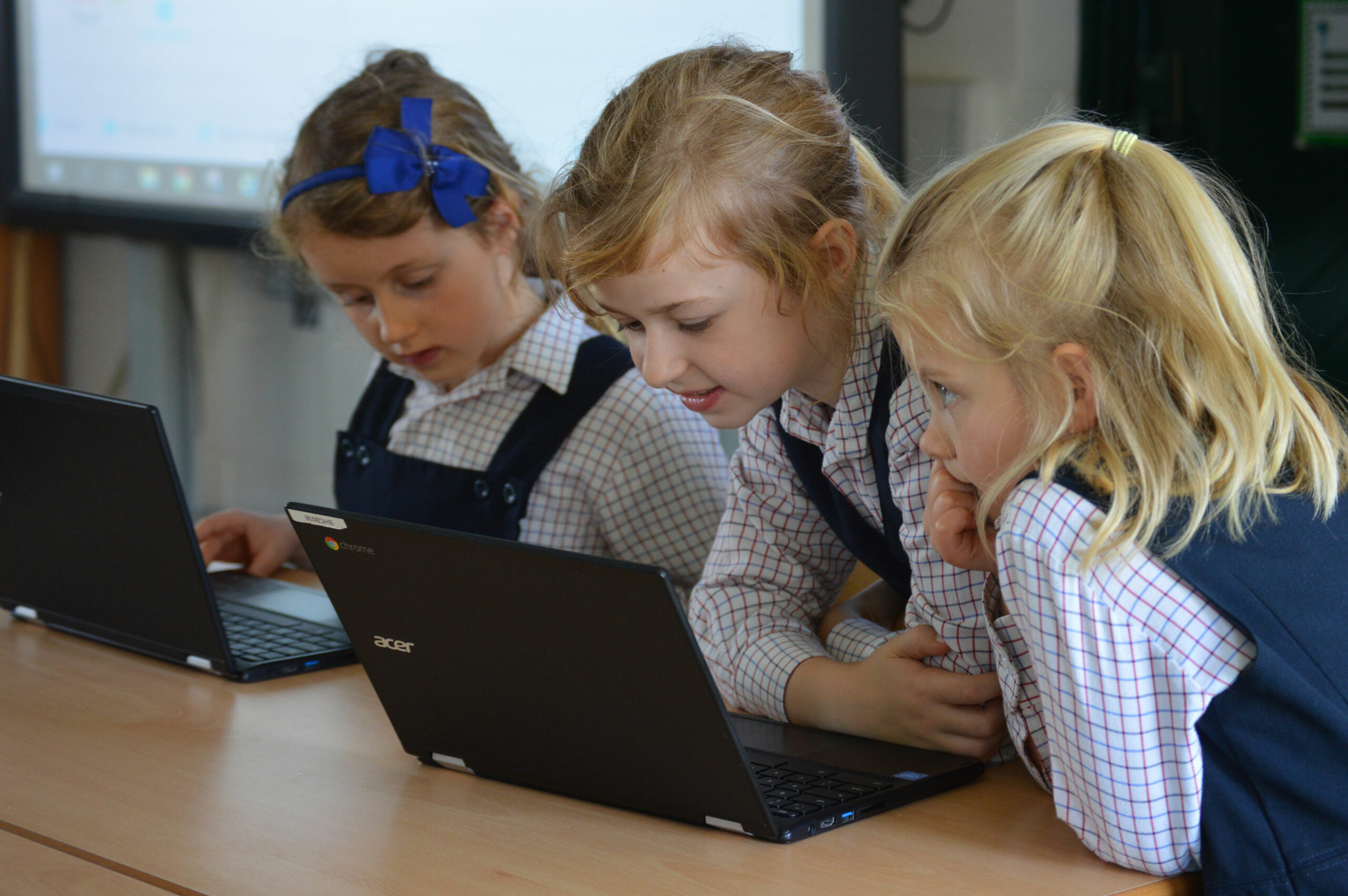
Word Has It That Vocabulary Is Key
5th August 2022
Sophie Baber, Head of Pre-prep at Highfield and Brookham Schools, has cited vocabulary as one of the most important elements to consider when it comes to preparing children for the start of school.
Mrs Baber said there were many factors for parents to consider but targeting vocabulary would give a child a flying start when it came to starting in Reception.
“The key to child development on an academic front is vocabulary, so what you are thinking about is how to develop a child’s vocabulary,” said Mrs Baber, who oversees children from nursery age to Year 3.
“What you need to think about are things that encourage you to talk and develop your child’s language. Reading is the obvious starting point. Engendering a love of books in any child is absolutely vital.”
Mrs Baber said it was important to pick books that will interest your child but that it doesn’t matter what they read as long as they are reading or being read to.
“Pick books with interesting language, with interesting pictures that you can talk about,” she said. It doesn’t just have to be about the actual words in the book, picture books are unbelievably good now and there are so many to choose from.”
The popular head, who has been at the pre-school for seven years, said the next step was to think about shared experiences that can develop vocabulary further, such as cooking which, she continued, develops mathematical language, develops verbs and develops imperative tense during the culinary process.
“Lots and lots of language is being developed during the cookery session; there’s lots of discussion, it’s fun and there’s something tasty at the end of it,” she said.
Mrs Baber also homed in on the use of experiences to expand a child’s vocabulary, citing day trips as a wonderful way to engage with children, but stressing that they needn’t break the bank.
“There are loads and loads of free, easily accessible museums which will again really encourage language as long as you are talking to your child the whole way through,” she said.
“Whether it’s visiting a museum, going on a walk, spotting things, talking about things that interest you or that interest them, you are going to be developing their vocabulary and that’s going to help them when they go to school. It also helps you find out what really inspires them.
“So, coming back to the books, you then can relate through books what they’ve been interested in at the museum or on their walk, such as the interactive displays they’ve seen, the artefacts they’ve held. It’s all about finding the hook and then linking all those things that develop their vocabulary into it.”
As well as targeting vocabulary development, Mrs Baber suggested that routines and time spent with other children would also have a positive impact on a child’s readiness for school.
She said that children who already slotted into healthy routines at home, particularly around mealtimes and bedtime, would undoubtedly find the transition into school life that much easier.
“I’m all in favour of developing independent, free-range children because it empowers them and gives them confidence,” she said. “However, schools have a very set way of working and it’s really important, therefore, for children to be able to fit in to routines as and when they start school.
“One way this can be done is making sure there’s a really clear routine around mealtimes, that children are learning to use their cutlery, that they are sitting at a table, that they are not just getting up, that they are not watching television while they’re eating. Mealtime routine is really important.
“And even though the children are never going to be going to bed at school necessarily at the age of four, bedtime routines are really important for developing structure and having a really clear pattern.”
Mrs Baber also suggested that quiet time with an adult at some stage of the day without the distraction of a gadget was another useful way to prepare a child for school. “It might be to read or play a board game, it might be doing something together that requires a child to listen, to take turns, to be still for a period of time, but not with a screen in front of them. It doesn’t need to be long but it can be extremely beneficial,” she said.
